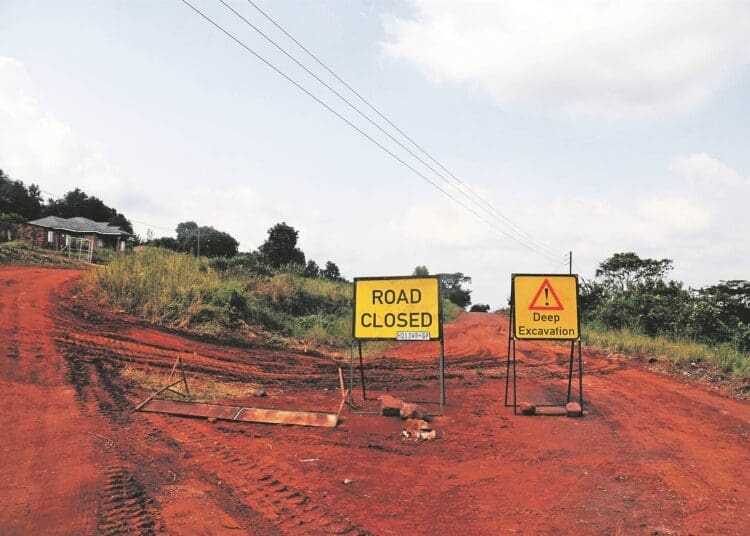The Limpopo provincial government has tabled its 2025/26 Adjustment Budget, increasing the allocation from R88.9 billion to R90.5 billion to strengthen service delivery, infrastructure, and economic growth across the province.
MEC for Finance, Kgabo Mahoai, said the adjustment process was thorough and guided by real provincial priorities, adding that the revised budget is expected to create opportunities for SMEs through infrastructure projects, sector funding, and targeted interventions.
“The real test lies in implementation. Budgets alone cannot change the lives of our people, but turning allocations into practical results will,” Mahoai said.
He said the province will ensure every rand delivers maximum value while supporting projects that address urgent needs.
The provincial economy has shown resilience, with unemployment declining from 35% to 29.8% in the third quarter and GDP growth increasing by 0.9%, surpassing the national average of 0.5%. According to Mahoai, these improvements reflect that economic efforts are translating into jobs for the people of Limpopo.
The adjustment includes additional funding for key sectors. Health was allocated R521.8 million to cover spending pressures on medicine, medical equipment, and hiring healthcare professionals.
Education got R843.8 million, which will expand Early Childhood Development programmes, improve school infrastructure, and cover learner transport.
Agriculture and Rural Development’s budget rises by R49 million, mainly to maintain agricultural infrastructure and support rural farmers. Infrastructure for public works, roads, and transport also sees a boost, with R316.7 million allocated for provincial road rehabilitation and upgrades.
These allocations are expected to benefit SMEs, particularly local contractors, suppliers, and emerging farmers who provide services and materials for government-led projects. Improved roads and upgraded facilities will create demand for building materials, maintenance services, and transport solutions, allowing small businesses to expand operations and hire more staff.
Contractors and suppliers welcomed the budget, saying the additional funding for roads, schools and clinics is likely to boost demand for services provided by small businesses.
Nsovo Given Chauke, owner of Mhlengwe Welding Company in Mogoro, said the increased infrastructure and public works funding could open more opportunities for small metalwork businesses.
“We do steel fabrication, repairs, gates and structural metalwork. When government upgrades schools, clinics and community facilities, it creates demand for services like ours. It helps small businesses stay afloat and support our families,” he said.
Tinyiko Baloyi, owner of a construction business in Elim, said, “With more government-funded projects planned, we hope to secure contracts that will allow us to hire more people and expand our operations.”
Other departments also benefit from targeted allocations. CoGHSTA receives R267 million to boost human settlements and traditional council offices, while the Department of Sport, Arts, and Culture gets R10 million to complete library projects. These initiatives provide additional opportunities for SMEs supplying construction, materials, and project management services.
Mahoai highlighted fiscal discipline as critical. Departments will be monitored to ensure allocations are used efficiently and priorities are met. The province’s own revenue has increased by R258.2 million, giving additional resources to support service delivery and economic activity.
If implemented effectively, the adjustment budget will not only strengthen provincial infrastructure and services but also create tangible opportunities for SMMEs. Local businesses can expect contracts, supply orders, and new work streams that contribute to growth, job creation, and the development of Limpopo’s communities.
olga@vutivibusiness.co.za

























































